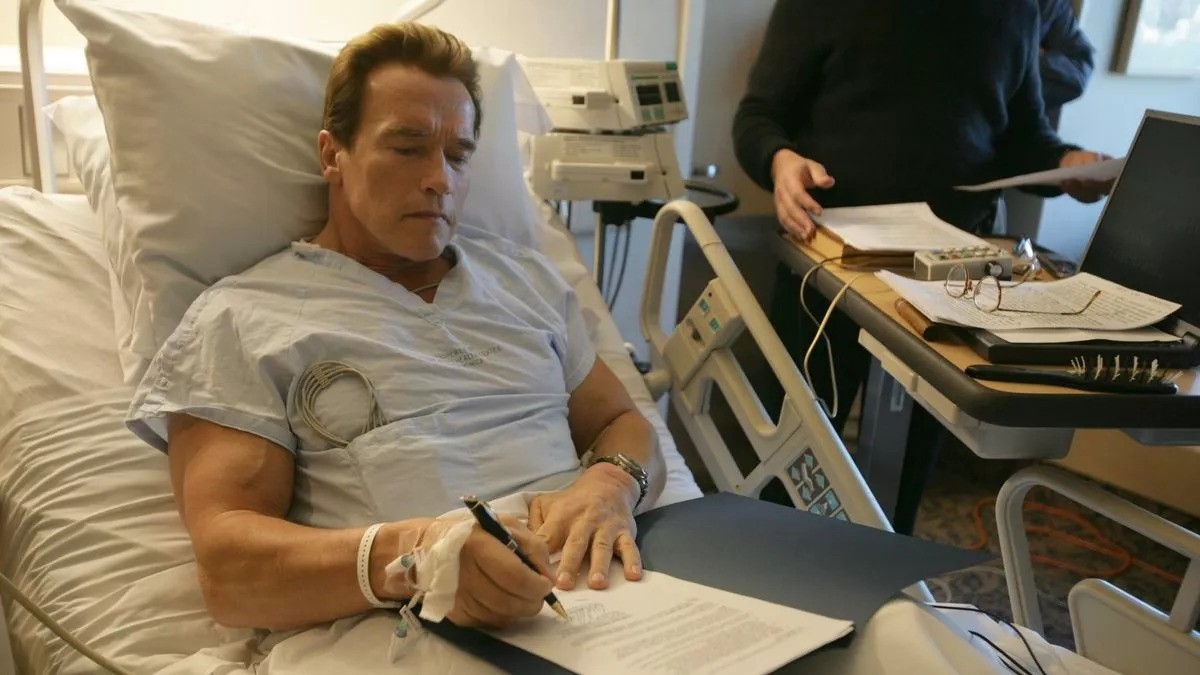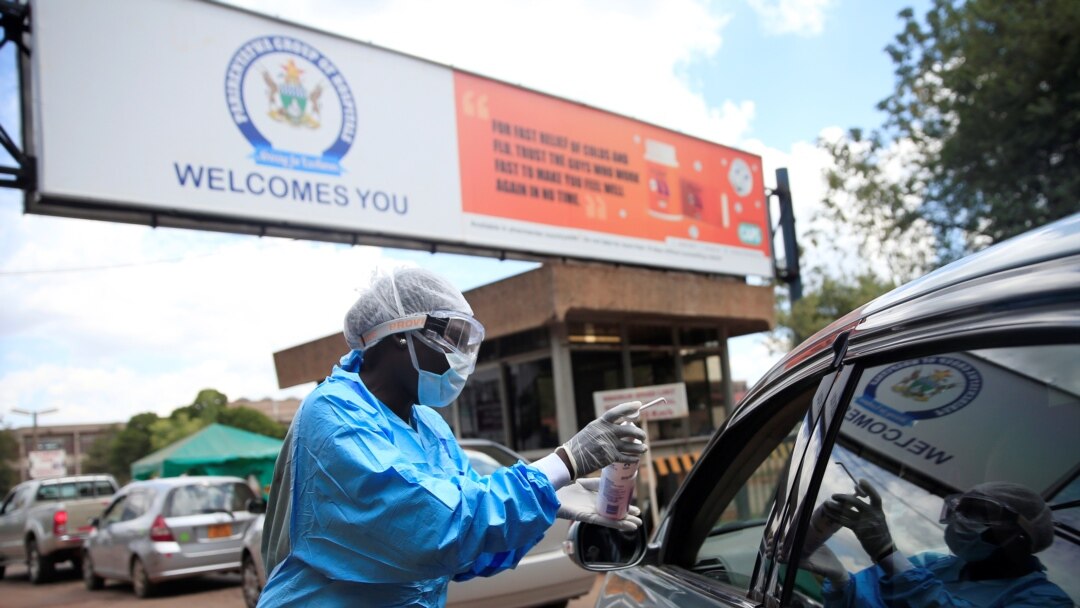Communities in most parts of the country are feeling the pinch of water shortages due to the current drought being experienced.
In Rushinga, Mashonaland Central province, people are forced to ration the precious liquid.
Each family is allocated forty litres of water per day and the recently formed borehole management committees ensure adherence to the rationing plan.
Long queues at boreholes are the order of the day and people are now being forced to cut their sleep in a bid to get the precious liquid.
In Masvingo province, villagers wake up at 4.am and travel between 3 and 10 km to water sources.
Communities in Chiredzi, Zaka and Gutu districts are the most affected, with some overused boreholes end up pumping out dirty water.
Communities in village 8 commonly known as KwaRoy are surviving on water from a borehole at Chikwanda Primary School and in some instances this disturbs school sessions as they come in large numbers.
The entire Matabeleland region, which depends mainly on underground water, is also in a difficult situation as most boreholes have been overwhelmed by demand.
People in Matabeleland North province said as the effects of drought become more pronounced, mitigation measures on water challenges are needed urgently as people, livestock and wildlife are in danger.
The worst affected areas in Matabeleland North are Tsholotsho, Lupane, Binga and Nkayi while in Matabeleland South, Gwanda, Beitbridge, Matobo, Mangwe and Umzingwane are the worst affected, as most boreholes have dried up.
An official of the Livestock Farmers Union, Mr Thulani Munyandi said there is need for government to capacitate the District Development Fund (DDF) and ZINWA so that they can build small dams as part of the water harvesting strategy.
The challenges in Matabeleland cannot be treated in isolation as it is evidence of climate change and needs a national solution, noted Tsholotsho legislator, Professor Jonathan Moyo.
The Minister of Environment, Water and Climate, Cde Oppah Muchinguri-Kashiri expressed worry over the continuous going down of water tables, saying boreholes might dry up anytime leaving thousands of people and animals at risk.
She said water sources in all the country’s seven catchment areas, namely Runde, Save, Manyame, Mazowe, Sanyati, Gwayi and Mzingwane are diminishing.
“Our livestock and wildlife are equally threatened as there will be shortages of drinking water and water for irrigation. Most crops are already a write off and drinking water shortages are looming. For instance, in Mashonaland West province, there are 990 non functional boreholes, Masvingo 1327, Midlands 399 and Manicaland 1640. These are realities that we are faced with as a country and the onus is upon us to ensure we conserve water,” said Cde Muchinguri-Kashiri.
Other countries that experience water challenges have adopted new forms of irrigation such as drip that saves water.






